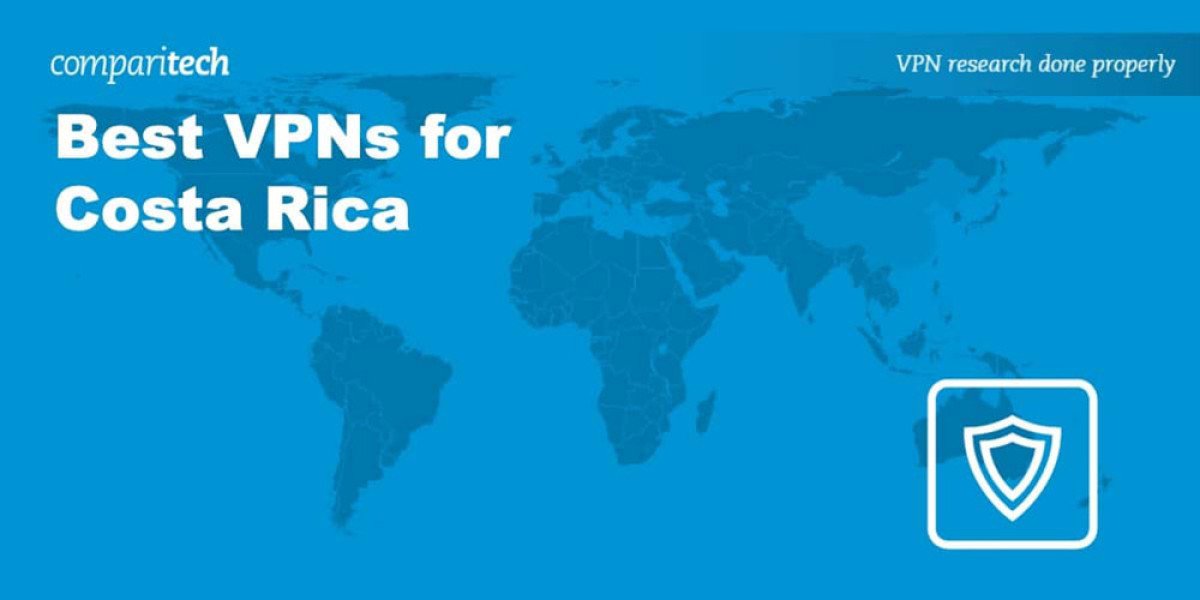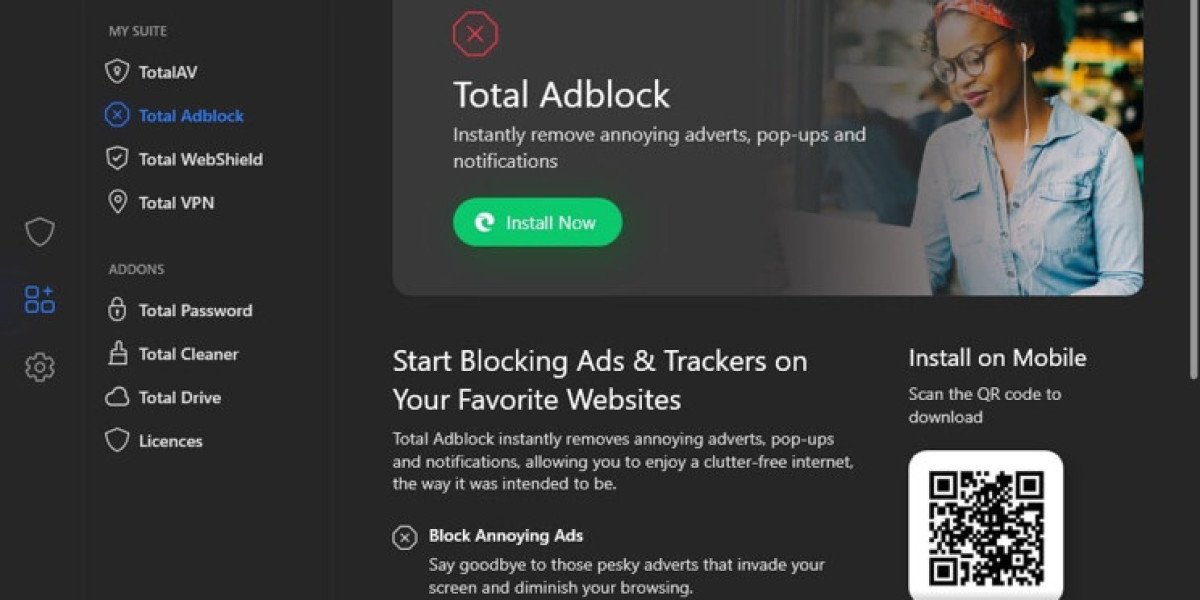Security Concerns Emerge in Google's Cloud Document Platform
Several users have uncovered various security and usability issues within Google's cloud-based document platform, highlighting potential risks for individuals and organizations relying on this service.
A recent incident reported by a Wired.com staff member revealed how document permissions can be unintentionally misconfigured. The publication's layoff tracker spreadsheet was modified by an unauthorized person due to confusing interface design in the sharing settings. The problem stems from ambiguous language in the privacy settings section, where the option to allow editing "without signing in" doesn't clearly indicate this grants access to anyone on the internet, not just invited collaborators.
More concerning are reports of document ownership being incorrectly assigned. One notable case involves an Italian graphic designer who discovered documents from an Italian library appearing in his account, despite having no connection to their creation. This raises serious questions about document management and security within Google's system.
Additional issues reported by users include:
- Inability to permanently remove images from Google documents
- Lack of SSL encryption for documents published through the standard edition
- Documents potentially being "lost in translation" or misattributed based on language settings
These incidents collectively suggest that Google's document platform may have underlying architectural or design flaws affecting data security and ownership attribution. For businesses and individuals handling sensitive information, these vulnerabilities present legitimate concerns about the platform's reliability for confidential content management.
Why People Need VPN Services to Unblock Porn
People often turn to VPN services to unblock porn due to various regional restrictions, censorship, or privacy concerns. These tools allow users to bypass geo-blocks by masking their actual location and encrypting their internet traffic, ensuring their viewing habits remain private from ISPs and potential surveillance. Porn unblocked through VPNs refers to the ability to access adult content that would otherwise be restricted in certain regions, while maintaining anonymity and preventing potential bandwidth throttling that some providers impose on adult websites.
Why Choose SafeShell VPN to Access Adult Content
If you're looking to access region-restricted content of Porn by Porn unblock, you may want to consider the SafeShell VPN, which offers a comprehensive solution for bypassing geographical limitations. SafeShell VPN provides several key benefits that make it an excellent choice for users seeking to unblock porn sites:
- Exceptional speed technology that ensures smooth streaming of high-definition content without the buffering issues commonly experienced with other VPNs
- Complete anonymity through the exclusive ShellGuard protocol, which makes your browsing activities undetectable to ISPs and network administrators
- Versatile App Mode feature that allows you to access content from multiple regions simultaneously without having to switch servers constantly
- Support for up to five devices at once, covering all major platforms including Windows, macOS, iOS, Android, and various TV systems
- Military-grade encryption that keeps your personal information and browsing history completely private while you access adult content
How to Use SafeShell VPN to Unlock Porn Sites
To set up SafeShell VPN and stream adult material from other countries, follow this clear, secure workflow:
- Create an account and pick the subscription that fits your needs on SafeShell VPN, then complete payment and verify your email.
- Download the appropriate SafeShell app for your phone, tablet, or computer and run the installer to add the client to your device.
- Open the app, sign in, and enable App Mode (or the equivalent per-app routing option) so specific apps use the VPN while others remain on your regular connection.
- Choose a server located in the region whose content you want to access, selecting a nearby fast node or a country with the desired libraries.
- Turn on extra protections like the kill switch, DNS leak prevention, and use the strongest available protocol in the settings, then run a quick connection test to confirm your IP and location have changed.
- Launch the browser or streaming app you intend to use and enjoy unrestricted access while the VPN hides your real location and encrypts traffic; remember to follow local laws and the service’s terms of use.








